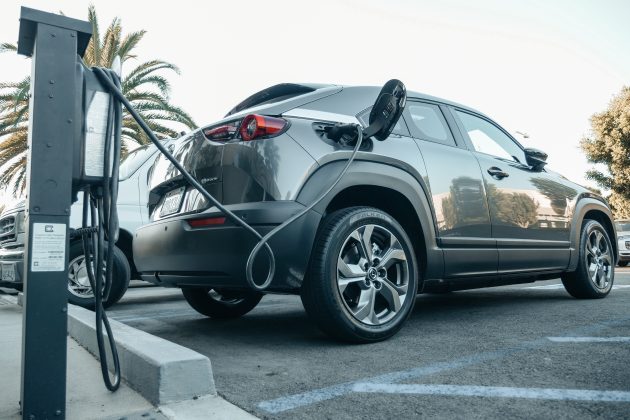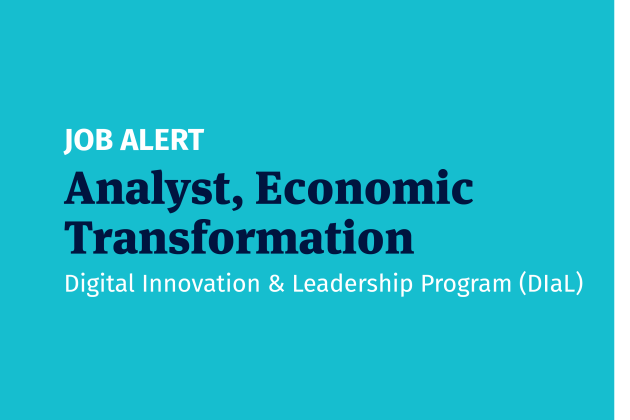Guest Blog Post written by Marc Kuo, Founder and CEO, Routific as part of Startup City IMPACT
 Marc Kuo
Marc Kuo
Marc Kuo is the Founder and CEO of Routific, a market-leading route optimization solution for last-mile delivery businesses.
I remember sitting at my desk on the 51st floor of Hong Kong’s tallest skyscraper, eyes darting between the seven computer monitors before me. I was using algorithms to move millions of dollars on the stock exchange.
I looked out the window, down at the great city below, where hundreds of thousands of cars were zooming over bridges, through tunnels and into the dense urban jungle, and thought:
“What if I could use algorithms to move vehicles in a more efficient way? What if those algorithms could lead to less road congestion, less fuel wasted, and more blue skies for Hong Kong and other great cities around the world?”
I quit my job at the investment bank pretty soon after that, and took out my old thesis on advanced route optimization algorithms. While I was proud of my academic work, what use was it sitting in the university library? For the next two years, I worked on rewriting the algorithm and turning it into an easy-to-use web application for last-mile delivery businesses. I wanted to bring the algorithm to life. I wanted to use algorithms to bring value to society. I wanted it to make an impact.
What is impact?
When I think about impact, I think about changing bad habits. I think about showing people a better, smarter way of doing things. In my hands was an algorithm that could save delivery businesses up to 37% in mileage and fuel consumption. At scale, something as simple as changing bad habits can have a tremendous impact on both the environment and a business’ bottom line.
But, changing habits can be really hard. And when we first took this product to market, we discovered many business owners were so focused on increasing profits that they didn’t realize how minimizing costs and reducing inefficiencies could help them achieve the same goal. It’s like investing in an electric vehicle, energy efficient light bulbs or compostable take-out containers. It took awhile, but these things are now becoming mainstream. We see the same thing happening with software.
Here at Routific, we don’t consider ourselves environmentalists but pragmatists. We shouldn’t consume more than we need, and we shouldn’t stick to old ways when there’s a faster, more efficient way. It’s nice to talk about saving the planet and hugging trees, but what it really comes down to is common sense. Over the years, we’ve found partnerships rooted in good sense and sound judgment to be the most sustainable of all.
Last month, we thought it was finally time to try and quantify our impact on the planet. It seems common sense and changing bad habits can go a long, long way:






